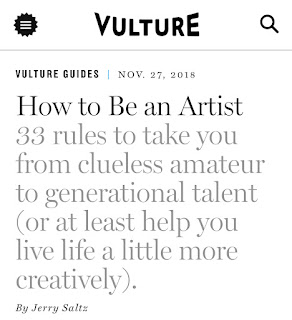Cosmopolitan's op-ed editor Jessica Goodman shared "How I wrote a novel in my spare time: What, like it’s hard? (Uh, yeah. It’s really, really hard.)"
Despite working "40+ hours a week (in the middle of a pandemic, no less)", Goodman was able to publish the YA thriller They Wish They Were Us, which I first read about in Arts|Fiction section of The Pennsylvania Gazette (Sep|Oct 2020). (I'm currently on page 168 of 327.)
How did Goodman do it? She shared:
First, I found my motivation
After complaining to a friend, she got real with me: “Do something or stop whining!” She was right. I’d never write the book if I never made the time to, well, write the book. Seems obvious, but I needed to hear it!
Then I made a plan
I started writing every morning before work from 7 a.m. to 9 a.m. and in four-hour chunks on Saturdays and Sundays.
Honestly, it’s my expert-level snack game that helped get me through (Wheat Thins + Nutella = fuel + happiness).
I learned to deal with rejection
I started pitching my draft to literary agents in February 2018—and got rejected more than 15 times.
I found my rhythm
We sold the book in late 2018, but I didn’t slow down then—or when my book hit shelves. Now my early-morning hours are dedicated to my next novel, and I’m still juggling that with my day job.
Thus, after Goodman was told “Do something or stop whining!”, she began writing from 7:00 AM to 9:00 AM - Monday through Friday and in four-hour chunks on the weekends. After she completed the novel, she persisted, despite 15 rejections, until she found an agent. And almost immediately, she began working on her next novel.





























